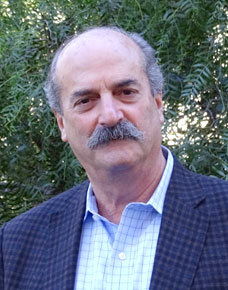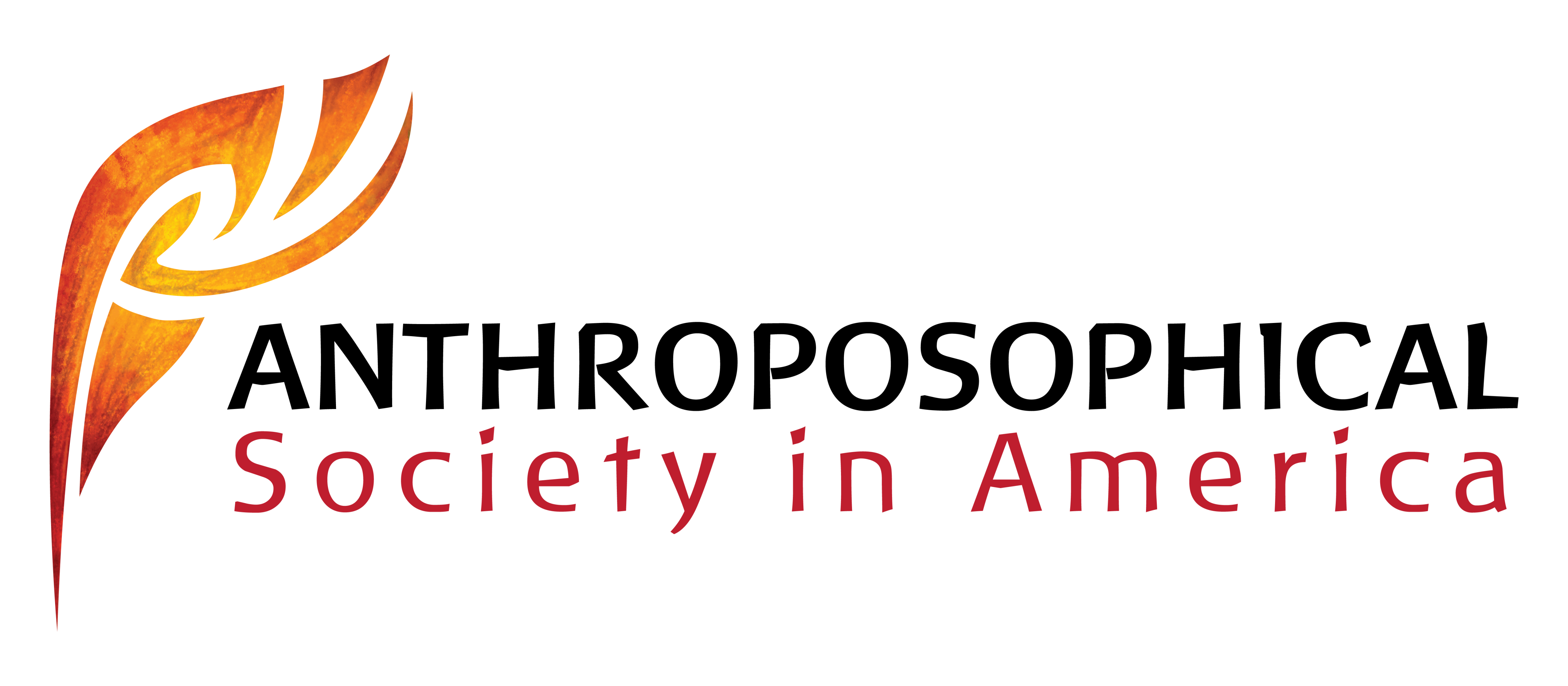From the General Secretary: “what is happening to language & speaking”
From the General Secretary
December 2018

We shape the world by how we speak;
the world shapes us by what we say.
These days I find myself wondering what is happening to language and speaking. Reductivist twittering, hacked thoughts, words are everywhere present in our lives: written, spoken, printed, sung, and even shouted. They guide us, cajole us, comfort us, offend us, wound us, speak for us, and ultimately connect us through love and hate, anger and forgiveness, and every relational shade in between. There is no immunity from language, just as there is no way not to breathe the air. They are both part of our commonwealth, though word-based language is particular to the human being.
Regardless of what we make of them, words are gifts. They come to us as the mother tongue and form our resonant being and connection to others. From the sounds, the meaning of words is born within us in stages: first through the path of imitation; then living with the feeling and intention behind them; then understanding the thought in them. In some ways each of us recapitulates the evolution of language itself, from the Logos to consciousness soul. In this evolutionary imagination reside both individualized and communal aspects. As each individual reflects on their own path with language, what can emerge are insights into identity, learning processes, a sense of individuality and community. Every language is someone’s mother tongue, and each mother tongue has an extended family.
Language serves a communal process, at its best a celebration of shared understanding—what philosophers call a mutual covenant. As a basic function, words and language serve a utilitarian or transactional function, such as the passing of information. Language can also serve as bearer of sacred agreements, spirit bridges that span ancestral distance and cultural difference. Heard and spoken language are one way that two human beings not only recognize each other but also find a transcendent presence between them that can invite the past and the future. This last, sometimes practiced in sacred circles or silent meetings, is by far the most complicated to describe, especially as language has been ever more severed from the sacred. Like other aspects of the commonwealth, words and language were never meant to be made into property or commoditized. So, language in its embodied, felt, and symbolic forms allows us to move fluently between communal and inner space, between community and self.
When language is held with reverence, it is freed to be true gift as it both shapes us and invites the sacred in community. One way of looking at this gift exchange is as a kind of value creation resulting from the notion that the words I speak come to fruition in your listening and understanding. The value for me then is not that I might have convinced you about something—that would reduce language to power over another. Rather, the value arises in what is released from or through my speaking that liberates you as the listener to hear something that you probably already knew in one way or another. This experience has a quality of resonance. Of course it is also a learning discipline to overcome or transform a lack of resonance. One of the sacred agreements in language and how we use it becomes most palpable when we meet each other in freedom. Our language can support and encourage that freedom in the spirit of gift exchange.
We know from Goethe’s fairy tale, The Green Snake and the Beautiful Lily, that conversation is more precious than gold; and so too is freedom for our spiritual life. For the possibility of this language-based reality, for the possibility of enacting this reality, for the possibility of living and serving this reality in community, I give thanks. The opportunity to move past our conditioned sympathies and antipathies which are so easily played upon in the mediated and social world we inhabit, to rediscover the sacred in our words and language is a step toward rediscovering our freedom. New agreements are waiting to be practiced and to serve the forming of a more human and connected community.
The mood of gratitude for the fall and harvest has now given way to a mood of expectation at this darkest time of year, as we await the return of the light. For this meditative reality, I invite you to light a candle to warm the darkness, and to find the joy of deep conversation, whether in the quiet of inner reflection or in a circle of relationship.
John Bloom

Thank you for your meaningful gift! We will include your reflection on communication into the Steiner reading / study group. Warm Advent Greetings to you and yours!